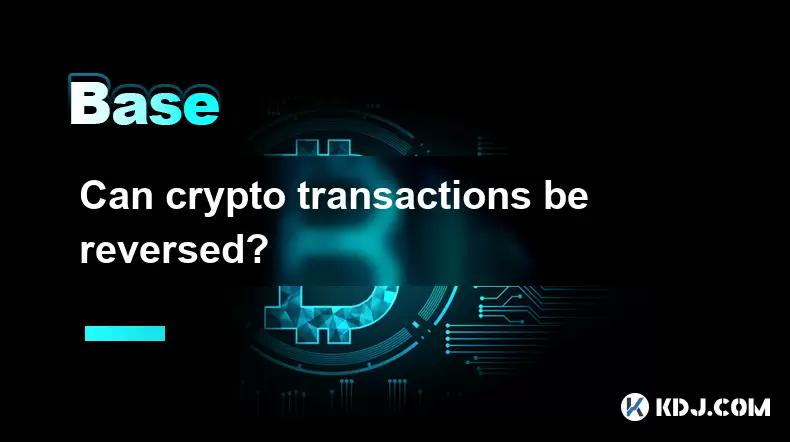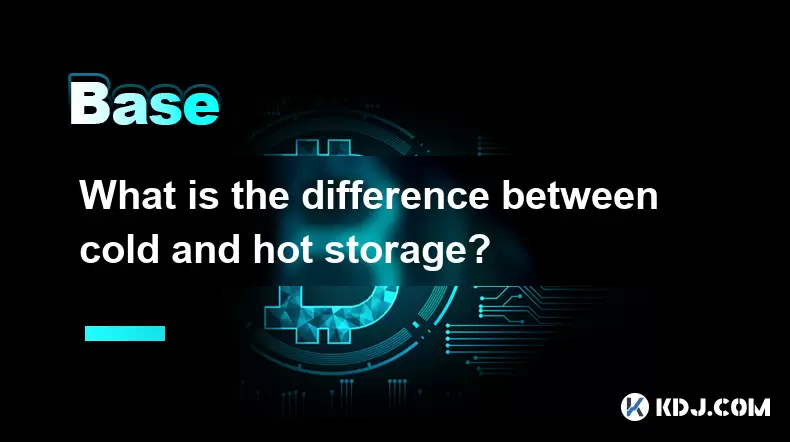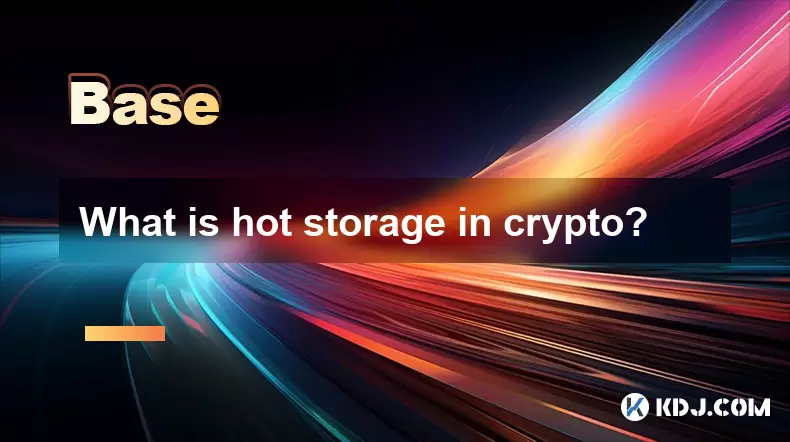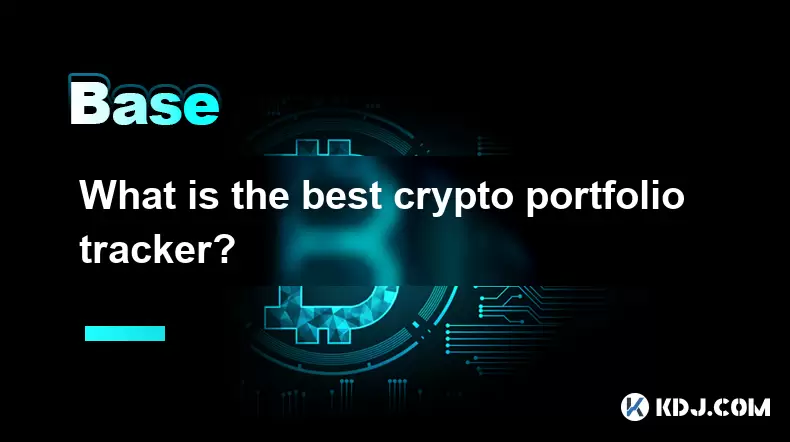-
 Bitcoin
Bitcoin $117700
-1.00% -
 Ethereum
Ethereum $4458
-3.91% -
 XRP
XRP $3.119
0.14% -
 Tether USDt
Tether USDt $1.001
-0.02% -
 BNB
BNB $836.6
-1.56% -
 Solana
Solana $189.5
-3.90% -
 USDC
USDC $0.9998
-0.02% -
 Dogecoin
Dogecoin $0.2335
1.29% -
 Cardano
Cardano $0.9642
1.51% -
 TRON
TRON $0.3539
-1.19% -
 Hyperliquid
Hyperliquid $47.41
-1.84% -
 Chainlink
Chainlink $21.92
-3.28% -
 Stellar
Stellar $0.4286
-0.23% -
 Sui
Sui $3.724
-3.29% -
 Bitcoin Cash
Bitcoin Cash $594.8
-0.78% -
 Ethena USDe
Ethena USDe $1.001
0.04% -
 Hedera
Hedera $0.2501
-2.06% -
 Avalanche
Avalanche $23.96
-4.87% -
 Litecoin
Litecoin $119.0
-2.32% -
 Toncoin
Toncoin $3.473
0.82% -
 UNUS SED LEO
UNUS SED LEO $9.596
0.17% -
 Shiba Inu
Shiba Inu $0.00001301
-0.39% -
 Uniswap
Uniswap $11.03
-0.25% -
 Polkadot
Polkadot $3.935
-2.62% -
 Dai
Dai $1.000
0.01% -
 Bitget Token
Bitget Token $4.564
-1.76% -
 Cronos
Cronos $0.1512
-4.11% -
 Ethena
Ethena $0.7306
-1.09% -
 Pepe
Pepe $0.00001087
-2.68% -
 Aave
Aave $300.2
-4.00%
Why does token economics need game theory? Incentive and check and balance mechanism in design
Game theory is crucial in token economics for designing incentives and checks that ensure system sustainability and fairness, balancing short-term and long-term goals.
May 15, 2025 at 08:29 pm

Token economics, also known as tokenomics, is the study of how cryptocurrencies and tokens function within an ecosystem. A crucial aspect of designing a successful token economy is understanding the role of game theory, which provides a framework for analyzing strategic interactions between participants. Game theory is essential in token economics because it helps in creating incentive and check and balance mechanisms that ensure the sustainability and fairness of the system.
The Role of Game Theory in Token Economics
Game theory, a branch of mathematics, is used to model and analyze the strategic interactions between rational decision-makers. In the context of token economics, these decision-makers are the participants in the cryptocurrency ecosystem, including miners, users, developers, and investors. By applying game theory, designers can predict how these participants will behave under different scenarios, which is crucial for creating a balanced and sustainable token economy.
Game theory helps in understanding how participants will respond to the incentives and penalties within the system. For example, it can predict whether miners will be motivated to secure the network or if they might be tempted to engage in selfish mining. By modeling these interactions, token economists can design mechanisms that align the interests of all participants, ensuring the long-term viability of the ecosystem.
Designing Incentive Mechanisms
Incentive mechanisms are at the heart of token economics, as they drive the behavior of participants within the ecosystem. Game theory provides a structured approach to designing these mechanisms by analyzing the potential outcomes of different incentive structures. A well-designed incentive mechanism should encourage positive behaviors, such as network participation and transaction validation, while discouraging negative behaviors, such as double-spending or network attacks.
For instance, in the case of Bitcoin, the block reward serves as an incentive for miners to secure the network. Game theory can help in determining the optimal size of this reward to ensure that it is sufficient to motivate miners but not so large as to lead to centralization. Similarly, transaction fees can be analyzed to understand how they influence the behavior of users and miners, and adjustments can be made to achieve the desired balance.
Creating Check and Balance Mechanisms
Check and balance mechanisms are essential for maintaining the integrity and fairness of a token economy. Game theory aids in the design of these mechanisms by modeling the potential for collusion or manipulation within the system. By understanding the strategic interactions between participants, designers can implement checks and balances that prevent any single group from gaining too much power or exploiting the system.
For example, in a proof-of-stake (PoS) system, game theory can be used to design slashing mechanisms that penalize validators for malicious behavior. By modeling the potential outcomes of different slashing penalties, designers can ensure that the mechanism is effective in deterring bad actors without unfairly punishing honest participants.
Balancing Short-term and Long-term Incentives
One of the challenges in token economics is balancing short-term and long-term incentives. Game theory provides a framework for analyzing the trade-offs between immediate rewards and long-term sustainability. By understanding how participants value short-term gains versus long-term benefits, designers can create incentive structures that encourage behaviors that support the long-term health of the ecosystem.
For instance, in a decentralized finance (DeFi) protocol, game theory can help in designing reward structures that incentivize users to provide liquidity over the long term, rather than engaging in short-term arbitrage. By modeling the potential outcomes of different reward structures, designers can ensure that the protocol remains stable and attractive to users over time.
Implementing Game Theory in Token Design
Implementing game theory in token design involves several steps, including modeling the ecosystem, analyzing strategic interactions, and testing different incentive structures. Here are the key steps in implementing game theory in token design:
Model the Ecosystem: Start by creating a model of the token ecosystem, identifying the key participants and their roles. This model should include the different types of interactions between participants, such as transactions, staking, and governance.
Analyze Strategic Interactions: Use game theory to analyze the strategic interactions between participants. This involves modeling the potential outcomes of different actions and determining the Nash equilibria, which are the stable states where no participant can improve their position by unilaterally changing their strategy.
Design Incentive Structures: Based on the analysis of strategic interactions, design incentive structures that align the interests of all participants. This may involve adjusting rewards, penalties, and other mechanisms to achieve the desired balance.
Test and Iterate: Test the designed incentive structures through simulations and real-world trials. Based on the results, iterate and refine the mechanisms to ensure they are effective in achieving the goals of the token economy.
Case Studies of Game Theory in Token Economics
Several successful token economies have utilized game theory in their design. Here are a few notable examples:
Bitcoin: Bitcoin's use of the block reward as an incentive for miners is a classic example of game theory in action. The design of the reward structure, including the halving mechanism, was influenced by game-theoretic considerations to ensure the long-term security and decentralization of the network.
Ethereum: Ethereum's transition to proof-of-stake (PoS) with Ethereum 2.0 involved extensive game-theoretic analysis to design the staking and slashing mechanisms. The goal was to create a system that incentivizes honest participation while deterring malicious behavior.
MakerDAO: MakerDAO, a decentralized lending platform, uses game theory to design its stability fee and liquidation mechanisms. These mechanisms are designed to maintain the stability of the DAI stablecoin while incentivizing responsible borrowing and lending behavior.
Frequently Asked Questions
Q: Can game theory be used to predict the behavior of all participants in a token economy?
A: While game theory provides a powerful framework for analyzing strategic interactions, it cannot predict the behavior of all participants with certainty. Human behavior is complex and influenced by many factors, including emotions and external events. However, game theory can provide valuable insights into the likely outcomes of different incentive structures and help designers create more robust token economies.
Q: How does game theory help in preventing centralization in a token economy?
A: Game theory helps prevent centralization by designing incentive structures that discourage the concentration of power. For example, in a proof-of-work (PoW) system, game theory can be used to design block rewards and transaction fees that incentivize a diverse group of miners to participate, rather than allowing a few large players to dominate the network.
Q: Are there any limitations to using game theory in token economics?
A: Yes, there are limitations to using game theory in token economics. One limitation is that game-theoretic models often assume rational behavior, which may not always hold true in real-world scenarios. Additionally, game theory can be complex and computationally intensive, making it challenging to apply in some cases. Despite these limitations, game theory remains a valuable tool for designing effective token economies.
Q: How can token designers ensure that their game-theoretic models are accurate and reliable?
A: Token designers can ensure the accuracy and reliability of their game-theoretic models by conducting thorough testing and validation. This may involve running simulations, gathering real-world data, and iterating on the models based on feedback. Collaborating with experts in game theory and economics can also help in refining the models and ensuring their robustness.
Disclaimer:info@kdj.com
The information provided is not trading advice. kdj.com does not assume any responsibility for any investments made based on the information provided in this article. Cryptocurrencies are highly volatile and it is highly recommended that you invest with caution after thorough research!
If you believe that the content used on this website infringes your copyright, please contact us immediately (info@kdj.com) and we will delete it promptly.
- Kazakhstan's Crypto Leap: Bitcoin ETF and Central Asia's Digital Finance Future
- 2025-08-13 12:45:19
- BlockDAG Presale Blazes Past $371M: Fundraising Frenzy Fuels Crypto Sensation
- 2025-08-13 13:05:21
- Meme Coins: Chasing the 2025 Surge – Which Will Moonshot?
- 2025-08-13 10:25:23
- Bitcoin's Wild Ride: Rally, Pullback, and What's Next
- 2025-08-13 10:25:23
- Bitcoin, Bitmax, and Institutional Demand: A New Era of Crypto Investment
- 2025-08-13 10:45:12
- Solana, ROAM, and Airdrops: What's the Buzz in 2025?
- 2025-08-13 11:35:13
Related knowledge

Can crypto transactions be reversed?
Aug 10,2025 at 01:35am
Understanding the Immutability of Blockchain TransactionsCryptocurrency transactions are built on blockchain technology, which is designed to be immut...

What happens if I forget my crypto wallet password?
Aug 09,2025 at 08:50am
Understanding the Role of a Crypto Wallet PasswordA crypto wallet password serves as a critical security layer that protects access to your digital as...

What is the difference between cold and hot storage?
Aug 12,2025 at 01:01am
Understanding Cold Storage in CryptocurrencyCold storage refers to offline methods of storing cryptocurrency private keys, ensuring they are not expos...

What is hot storage in crypto?
Aug 11,2025 at 07:08am
Understanding Hot Storage in CryptocurrencyHot storage refers to cryptocurrency wallets that are connected to the internet. Unlike cold storage soluti...

What is cold storage in crypto?
Aug 13,2025 at 11:35am
Understanding Cold Storage in CryptocurrencyCold storage in cryptocurrency refers to a method of storing digital assets offline, away from internet-co...

What is the best crypto portfolio tracker?
Aug 10,2025 at 05:08am
Understanding the Role of a Crypto Portfolio TrackerA crypto portfolio tracker is a digital tool designed to help investors monitor the performance of...

Can crypto transactions be reversed?
Aug 10,2025 at 01:35am
Understanding the Immutability of Blockchain TransactionsCryptocurrency transactions are built on blockchain technology, which is designed to be immut...

What happens if I forget my crypto wallet password?
Aug 09,2025 at 08:50am
Understanding the Role of a Crypto Wallet PasswordA crypto wallet password serves as a critical security layer that protects access to your digital as...

What is the difference between cold and hot storage?
Aug 12,2025 at 01:01am
Understanding Cold Storage in CryptocurrencyCold storage refers to offline methods of storing cryptocurrency private keys, ensuring they are not expos...

What is hot storage in crypto?
Aug 11,2025 at 07:08am
Understanding Hot Storage in CryptocurrencyHot storage refers to cryptocurrency wallets that are connected to the internet. Unlike cold storage soluti...

What is cold storage in crypto?
Aug 13,2025 at 11:35am
Understanding Cold Storage in CryptocurrencyCold storage in cryptocurrency refers to a method of storing digital assets offline, away from internet-co...

What is the best crypto portfolio tracker?
Aug 10,2025 at 05:08am
Understanding the Role of a Crypto Portfolio TrackerA crypto portfolio tracker is a digital tool designed to help investors monitor the performance of...
See all articles

























































































